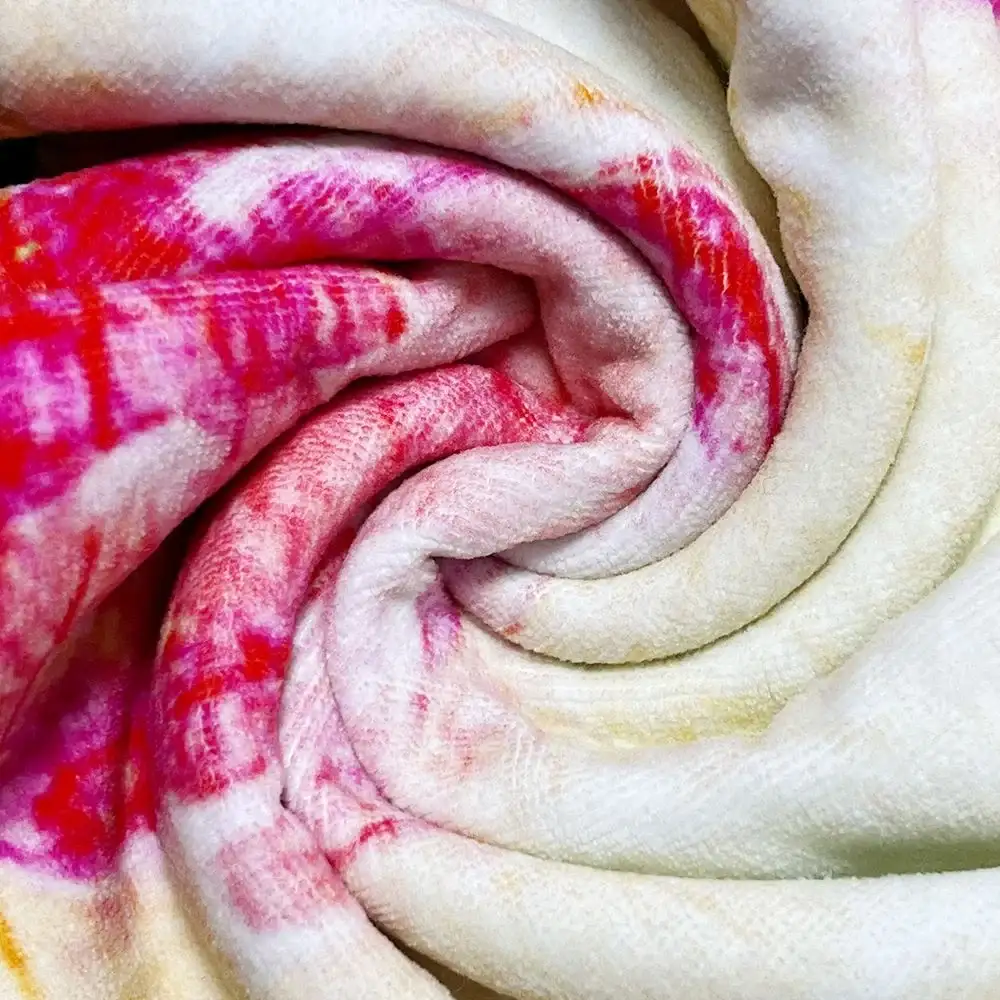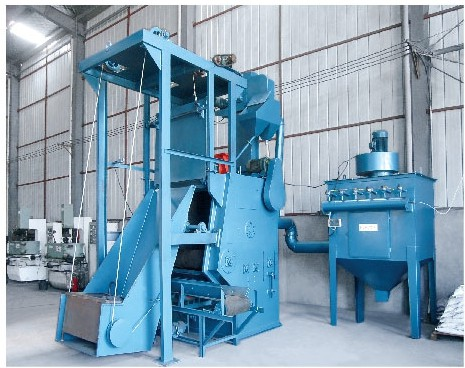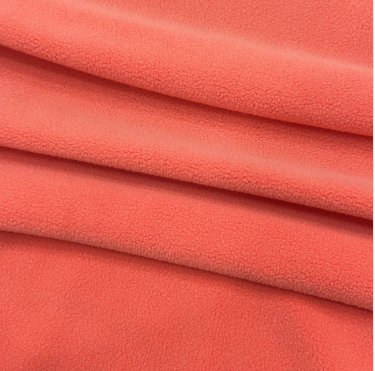In today's world, where sustainability and environmental consciousness are gaining paramount importance, the fashion industry is also striving to adopt eco-friendly practices. One crucial aspect of sustainable fashion is the choice of materials used in clothing production. This blog post delves into the realm of eco-friendly fabrics, exploring the most environmentally conscious material for clothes.
- Organic Cotton: A Staple in Sustainable Fashion
Organic cotton has emerged as a frontrunner in the quest for eco-friendly fabrics. Grown without the use of harmful pesticides or synthetic fertilizers, it minimizes the environmental impact associated with conventional cotton production. Additionally, organic cotton promotes biodiversity, conserves water, and ensures the well-being of farmers and workers. - Innovative Hemp: A Versatile and Sustainable Choice
Hemp, often misunderstood due to its association with marijuana, is a highly sustainable fabric option. It requires minimal water and pesticides to grow, making it an environmentally friendly alternative to traditional crops. Hemp fabric is known for its durability, breathability, and versatility, making it suitable for a wide range of clothing styles. - Regenerated Fibers: Transforming Waste into Fashion
Regenerated fibers, such as Tencel and Modal, are gaining popularity in sustainable fashion due to their closed-loop production processes. These fibers are derived from renewable sources, such as wood pulp from sustainably managed forests. The manufacturing process involves recycling and reusing chemicals, resulting in minimal waste and reduced water consumption. - Recycled Polyester: Giving New Life to Plastic Bottles
Recycled polyester, also known as rPET, is a groundbreaking fabric that repurposes post-consumer plastic bottles. By diverting plastic waste from landfills and oceans, recycled polyester significantly reduces carbon emissions and energy consumption compared to virgin polyester production. It offers the same performance and durability as conventional polyester, making it a sustainable choice for clothing. - Linen: A Timeless and Sustainable Classic
Linen, made from the flax plant, has been used for centuries and remains a sustainable fabric choice. Flax requires fewer pesticides and fertilizers compared to other crops, and its cultivation promotes soil health. Linen fabric is highly breathable, moisture-wicking, and biodegradable, making it an excellent option for warm-weather clothing.
Conclusion:
When it comes to eco-friendly materials for clothes, several options stand out for their sustainability and minimal environmental impact. From organic cotton and innovative hemp to regenerated fibers and recycled polyester, each material offers unique benefits while contributing to a greener fashion industry. By making conscious choices and supporting brands that prioritize sustainable materials, we can collectively drive positive change towards a more environmentally friendly future in the world of fashion.






+ There are no comments
Add yours